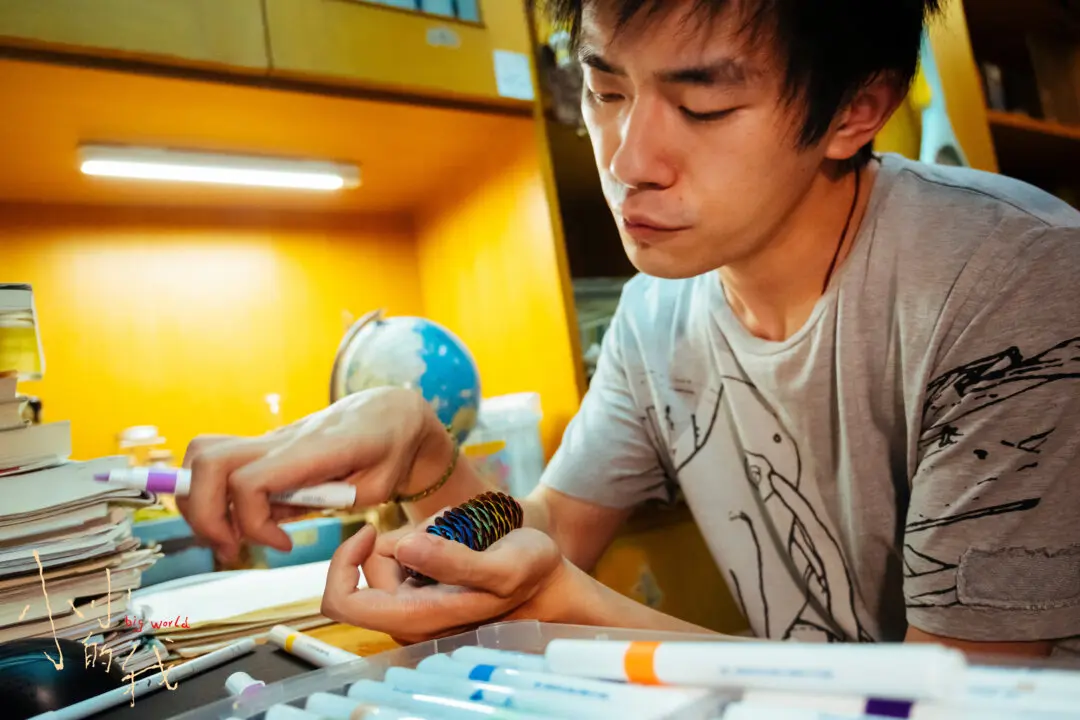Check the Internet Movie Database website for plot summary, cast, reviews, and ratings.
This visually stunning film draws on Australian school administrator and children’s fiction writer Colin Thiele’s book about preteen Michael (Finn Little) growing up with his reclusive father, Hideaway Tom (Jai Courtney), on the remote Ninety Mile Beach in southern Australia.





